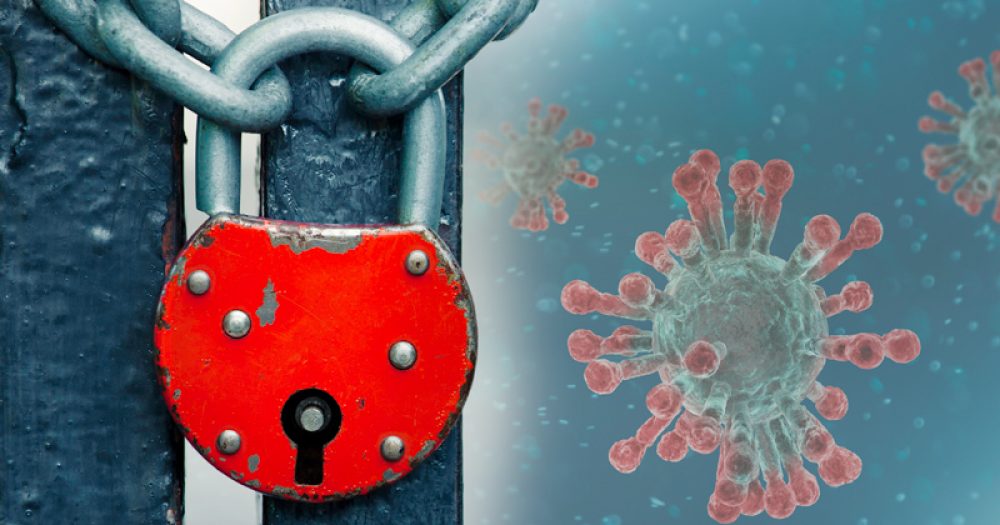An academy trust with 15 schools in the North West will close a week early for Christmas to “safeguard the wellbeing of staff and pupils and protect precious family time together”.
It means the trust’s schools, in Manchester and West Yorkshire, will close on December 11, rather than December 18, with “additional learning days being added later in the year”.
The move comes as cases continue to “rise significantly” in many of the school’s areas, the trust said. There are concerns that children, their families and staff will be forced to self-isolate throughout the traditional two-week holiday because of exposure to coronavirus.
Focus chief executive Helen Rowland said: “Our priority is always to safeguard the mental and physical health and wellbeing of our children and our staff, and every decision we make is with their best interests, and those of our local communities in mind.”
The trust, in a statement on its website, said the decision was taken to “safeguard the wellbeing of our staff and pupils and protect precious family time together”.
Rowland said despite “robust Covid secure arrangements”, bubbles have been closed in 13 of its schools – meaning over a quarter of the trust’s pupils (1,740 children) and 38 per cent of staff (375) have had to self-isolate.
One school, after having no previous cases, now has 90 children (almost half the school) and 10 staff isolating following an outbreak.
“We recognise the short notice may be an issue for some families but we hope that by taking the proactive and practical approach of extending the break, we can ensure that no one is forced to self-isolate over the holiday because of someone they have come into contact with at school,” Rowland added.
“The time will be made up later in the school year when it is safe and practical to do so and families will be informed of the new dates as soon as possible.’’
Covid-19 infection rates are the highest among secondary-school aged children, according to the latest data from the Office for National Statistics (ONS) suggests.
The official estimates, which cover the week to 14 November and are drawn from the Covid-19 Infection survey, also show an increase in those testing positive for the coronavirus in the age groups covering two year olds to year 6.
The ONS report said: “After a small decrease in late October and early November for both age groups, rates among secondary school-aged children now appear to be increasing again, whereas rates for young adults appear to show early signs of levelling off.”
Schools in Hull, the worst-hit region in the country, have asked the government for greater flexibility to close in the run-up to Christmas as they are on the “brink of collapse”.
Representatives from the city met with the government’s national Covid-19 task force today.
In a joint statement following the meeting, Councillor Stephen Brady, Leader of Hull City Council, Dame Diana Johnson, MP for Hull North, Karl Turner, MP for Hull East, and Emma Hardy, MP for Hull West and Hessle, said the meeting was “positive”.
“Discussions for military support are underway, with a request for assistance with planning and actual ‘feet on the ground’ to support the administration of our targeted lateral flow tests,” they added.
“The issue of flexibilities for local schools to move to key workers and vulnerable children only, which would only be done on a case-by-case basis and if absolutely required, is now fully understood by the Government and it is hoped there will be a positive outcome to this request from the Department for Education.”
Schools Week revealed more schools face closure as teacher absence nationally has doubled since half term.
The finding comes as the government launched an “urgent commission” to quiz academy trusts over their Covid protocols as education secretary Gavin Williamson scrambles to get a grip on the rise in cases.
Department for Education attendance statistics show the number of pupils isolating doubled within a week to over 550,000, with almost two-thirds of secondary schools reporting cases.








Your thoughts